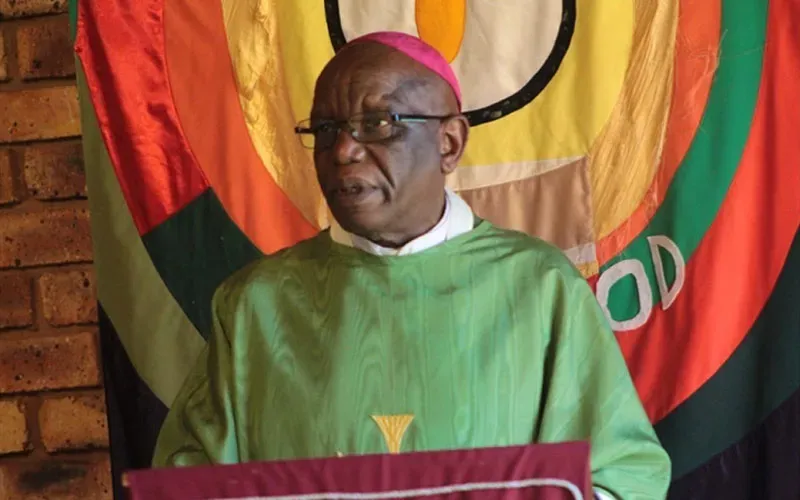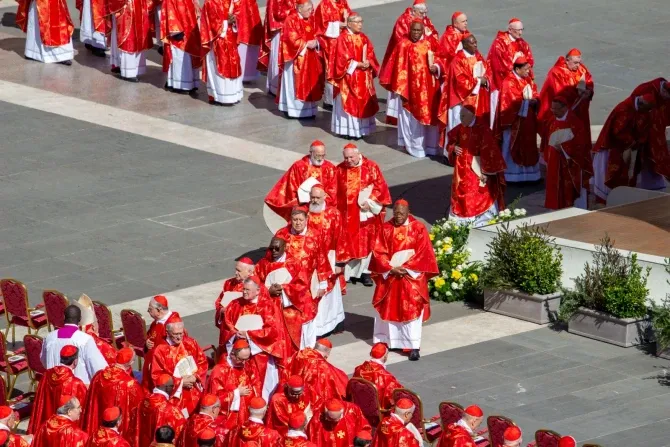The South African Archbishop says that representatives of migrants and refugees need to be given official status as “bona fide” elected delegates in the Synodal discussions and that they need to use the opportunity to present their challenges.
He says that once on board, representatives of migrants and refugees need to participate in setting the agenda of the assemblies. He adds that setting an agenda together is important because it will erase the fear that the people on the move might have concerning a biased agenda that might only partly address their challenges.
“Members wish to make it clear that their entitlement to participate and speak out derives from the sacrament of baptism -3- from the seal of holy chrism that set them apart and incorporated them into the body of Christ. They maintain they are Catholics. They too say ‘Amen’ after receiving the Body and Blood of Christ,” Archbishop Tlhagale says.
He says that migrants and refugees, just like everyone else, are made in the image and likeness of God and therefore share in the fatherhood of God. He adds that their sense of belonging gives them a right to engage in Synodal discussions just like their fellow Catholics.
The South African Archbishop says in reference to migrants, “They wish to interrogate the silence of local Catholics in the face of what really amounts to a second round of open persecution after the initial harrowing experiences in their countries of origin.”
“The synodal platforms, in promoting dialogue, should also shed some light on biblical sayings which do not appear to be applicable in situations where Christian migrants and refugees are involved,” he says.
The Local Ordinary of Johannesburg Archdiocese says that migrants and refugees believe that the Church is an “expert in humanity” and that this can be proven during the Synodal discussions where listening is the bottom-line.
“The synodal platforms are the ideal location where the Church as “expert in humanity” is in a position to listen to the plight of migrants and to mobilize campaigns essentially aimed at restoring and enhancing the dignity of people on the move,” Archbishop Tlhagale says.
The South African Archbishop makes reference to the St. John Paul II’s Encyclical Letter on the twentieth anniversary of Populorum progression of Pope Paul VI, Sollicitudo Rei Socialis, and poses why the people on the move should not be considered as poor and be given maximum attention.
“They live ‘a gutter-life’ on the margins of society. Instead of being given help as ‘neighbors’ and as human beings, they are simply ignored or harassed. They are physically present, but invisible to all passersby. It is this dire situation that seeks to question the relevance of John Paul’s teaching on the radical option of the poor,” Archbishop Tlhagale says in reference to refugees and migrants.








